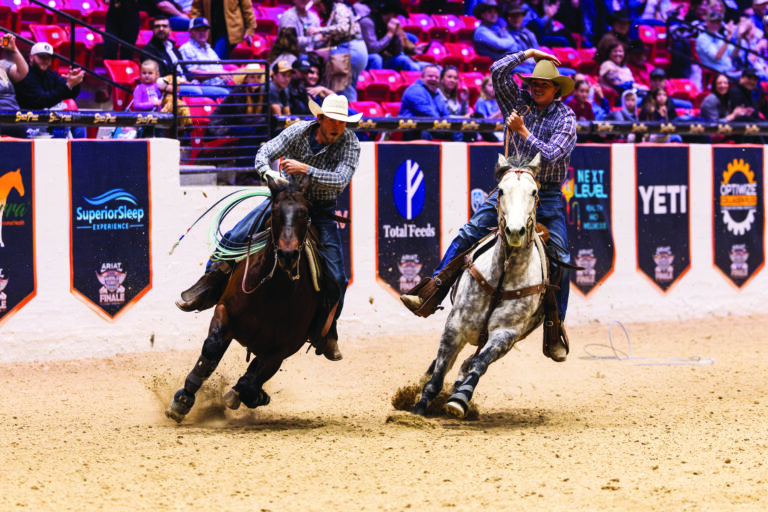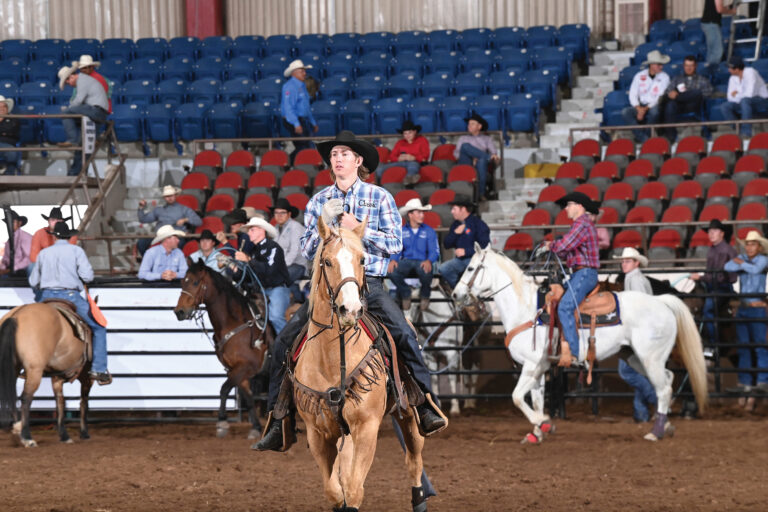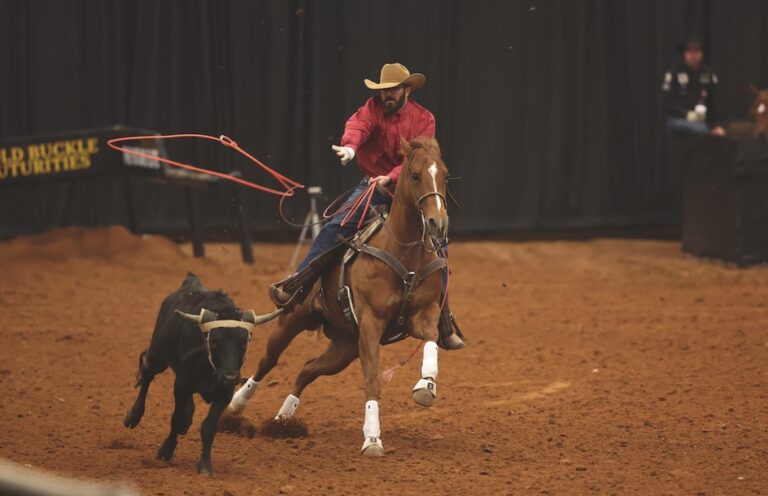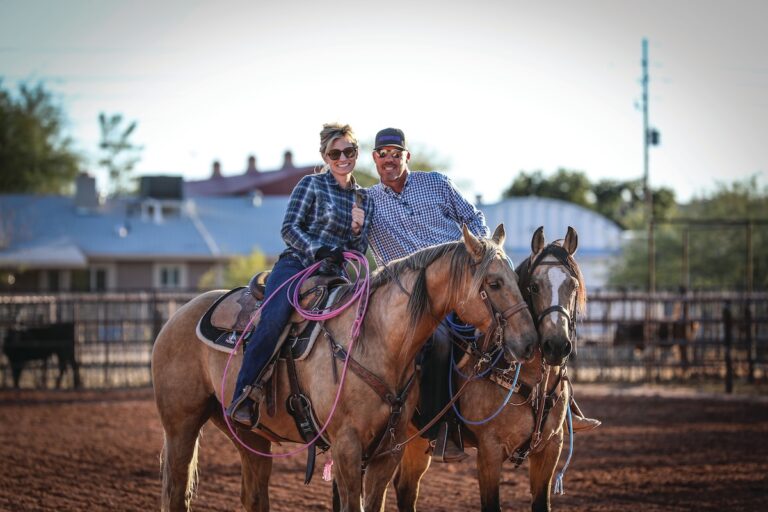Trevor Brazile jumped into the rope horse breeding business in 2021 with both feet. Since then, he’s moved to the forefront of the industry, but along the way he’s learned a few lessons he can pass on to help newcomers to the game.
1. Horses are like rabbits. They add up really fast. You’ll decide to start breeding a mare and, before you know it, you’ll have a weanling, a yearling, a 2-year-old and a 3-year-old out of her and have tens of thousands in expenses before you even know if the mare is a good producer. The first time we had a stallion, we couldn’t find enough broodmares or get enough flushes. But now, we know it’s almost better to have fewer horses and make sure they’re in the right hands to get quality time and training spent on them.
2. Did I mention the bills can really add up? You get used to certain costs of doing business as far as roping and having horses, in general, and then that couple months during breeding season those costs go up exponentially. You almost don’t prepare—you assume you know, but there are a lot of extra fees other than the stud fee and recip mare. There are times they miss, times they abort. You don’t win, but you still win the bills.
3. Don’t take babies on the ground for granted. It doesn’t always happen perfectly. There are certain crosses I want that sometimes end up being the hardest to get live foals. So much can go wrong that, when you do get a foal that works out, be thankful.
4. Seek counsel. I’ve learned that it is good to think outside the box in some areas. But it’s also good to seek wise counsel when it comes to breeding and crossing. There’s so much that goes into breeding that you don’t think about. Try to learn lessons from people who’ve been in the business and tried different crosses, different strategies. It will take three years to find out you made a mistake on a cross. Those years can stack up before you really feel like you have the crosses figured out. Some people don’t enjoy riding anymore at that point. It’s truly something that needs to have wisdom passed down. Your counsel might not have everything figured out, but they’ve figured out a lot about what not to do.
5. Play the incentive game. Incentives are huge. You need to do your homework. There are some incentives that are so new, you don’t know if they’ll have staying power. And there’s only so many things studs can buy into right now. I love the opportunity that’s out there, but there’s only a few that will be able to sustain the ups and downs and growing pains of the market. Stallion owners can only do so much, and there will be two or three that really stay and stand the test of time. Finding good counsel on which incentives matter and which incentives are worth your investment is key.
6. Do your homework on colt-starters. There’s way more competition for 3-year-olds than I’ve ever seen. I think there’s demands in all of it, but part of the reason 3-year-olds are so tough to find is that there aren’t enough great 2-year-old guys. I don’t think that the industry knows where to go to find those guys who do a great job, who you can trust and count on their product annually.
7. Weigh risk vs. reward when deciding to sell or keep. The only thing that’s better than selling a 2-year-old is selling a yearling, and the only thing better than selling a yearling is selling a weanling, and the only thing better than selling a weanling is selling an embryo. Every stage has a cost. Some risk is worth the reward of keeping one, but that’s what has to be weighed. If you don’t sell a horse because you’re holding out for an extra $5,000, did you the factor in the risk of keeping it, feeding it and then having something happen to it?
8. Invest in a good reproduction facility. I feel like a lot of people get burnt spending the money on stud fees and recips and then they have sub-par veterinarians trying to catch this lightning in a bottle. Using an inexperienced vet will give a lot of people a bad taste in their mouths. Go to a reputable reproduction veterinarian that has all the means and equipment necessary to up the odds of having a live foal. As a stallion owner, I think a lot of the failed attempts were because you were going to people who don’t normally breed on a daily basis. There’s more to it than people realize, and it requires a good reproduction team.
—TRJ—









